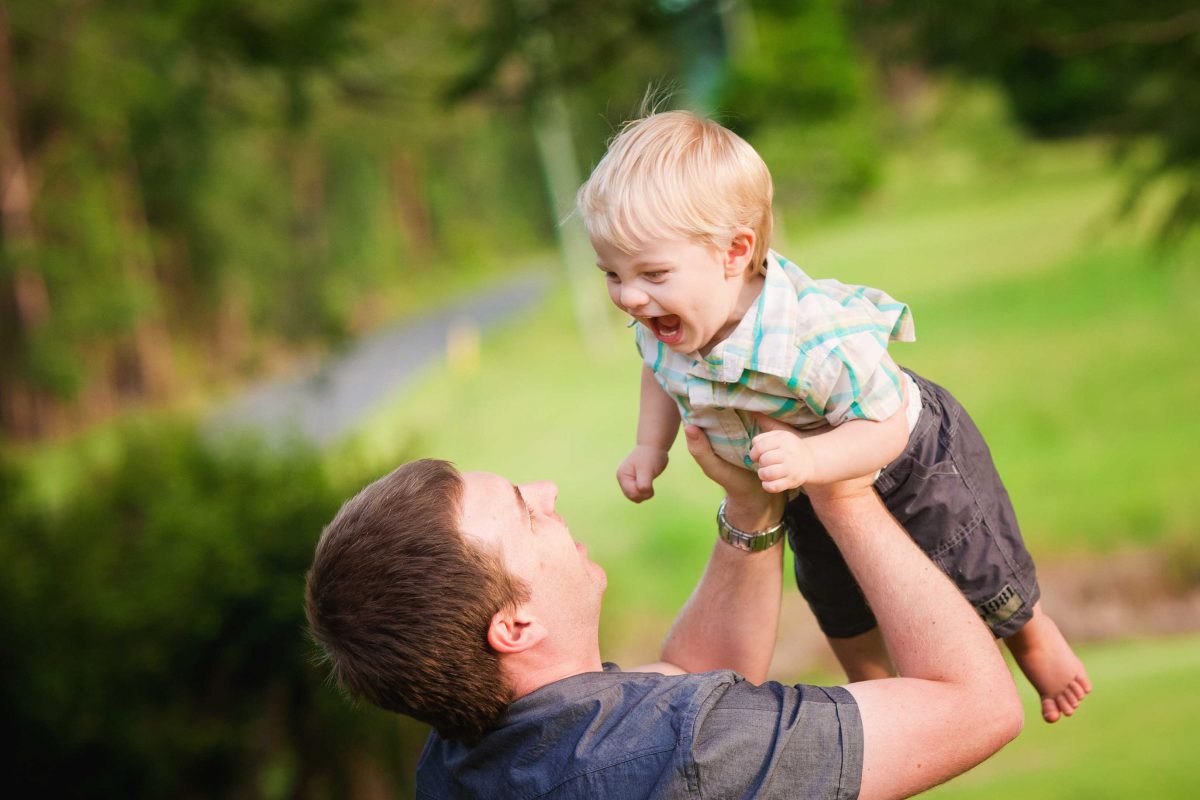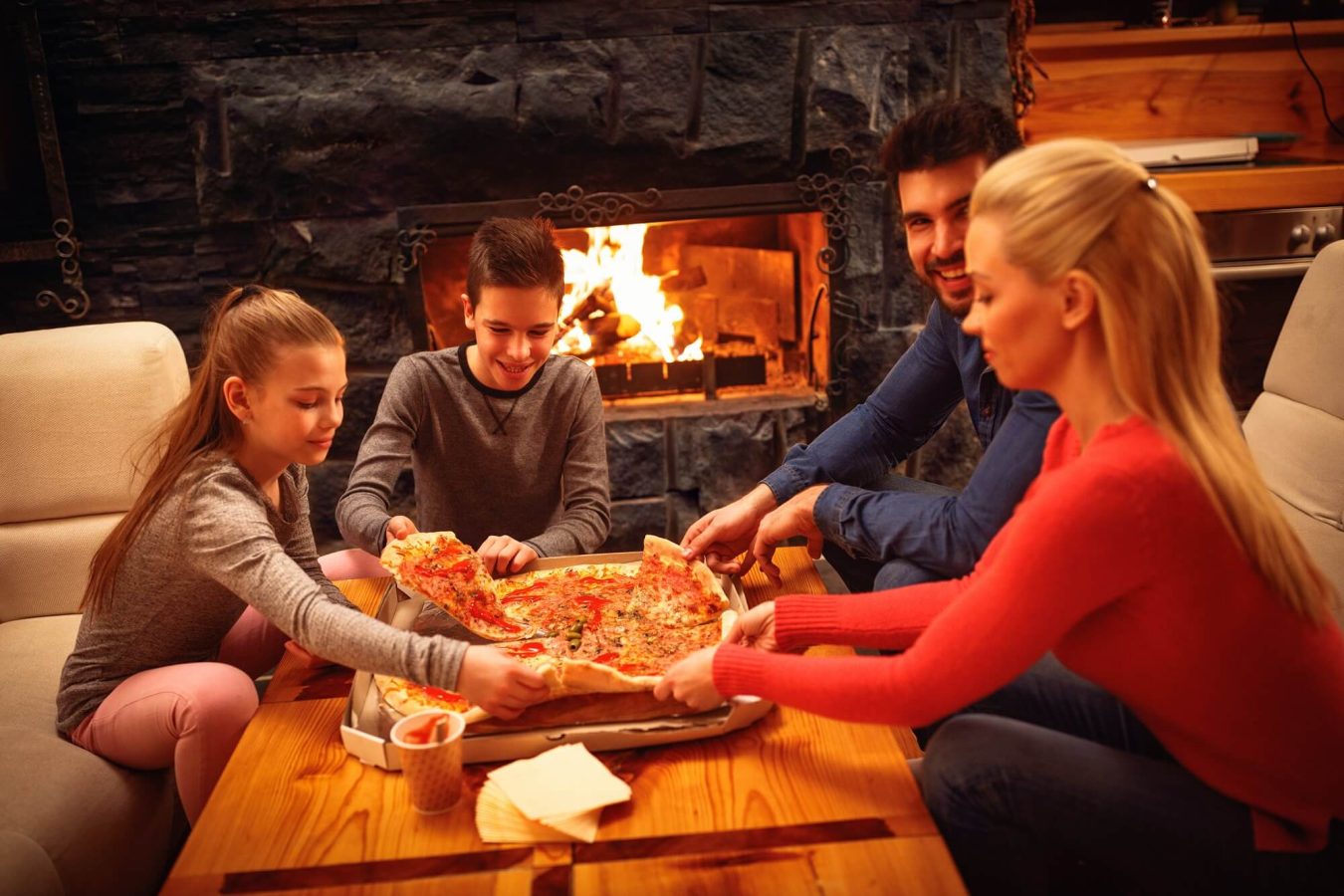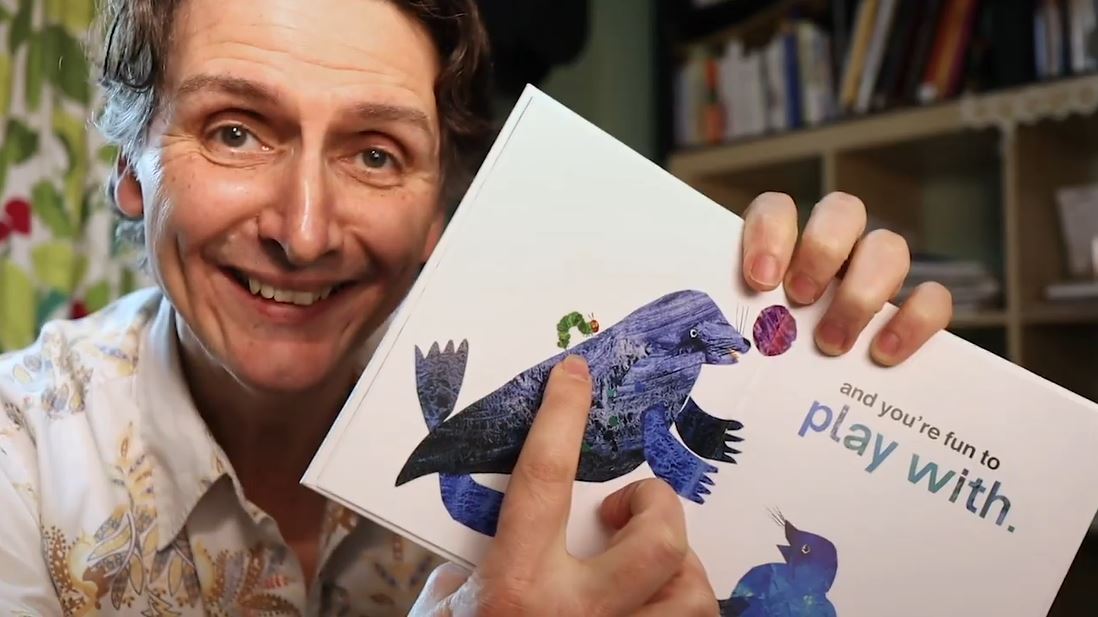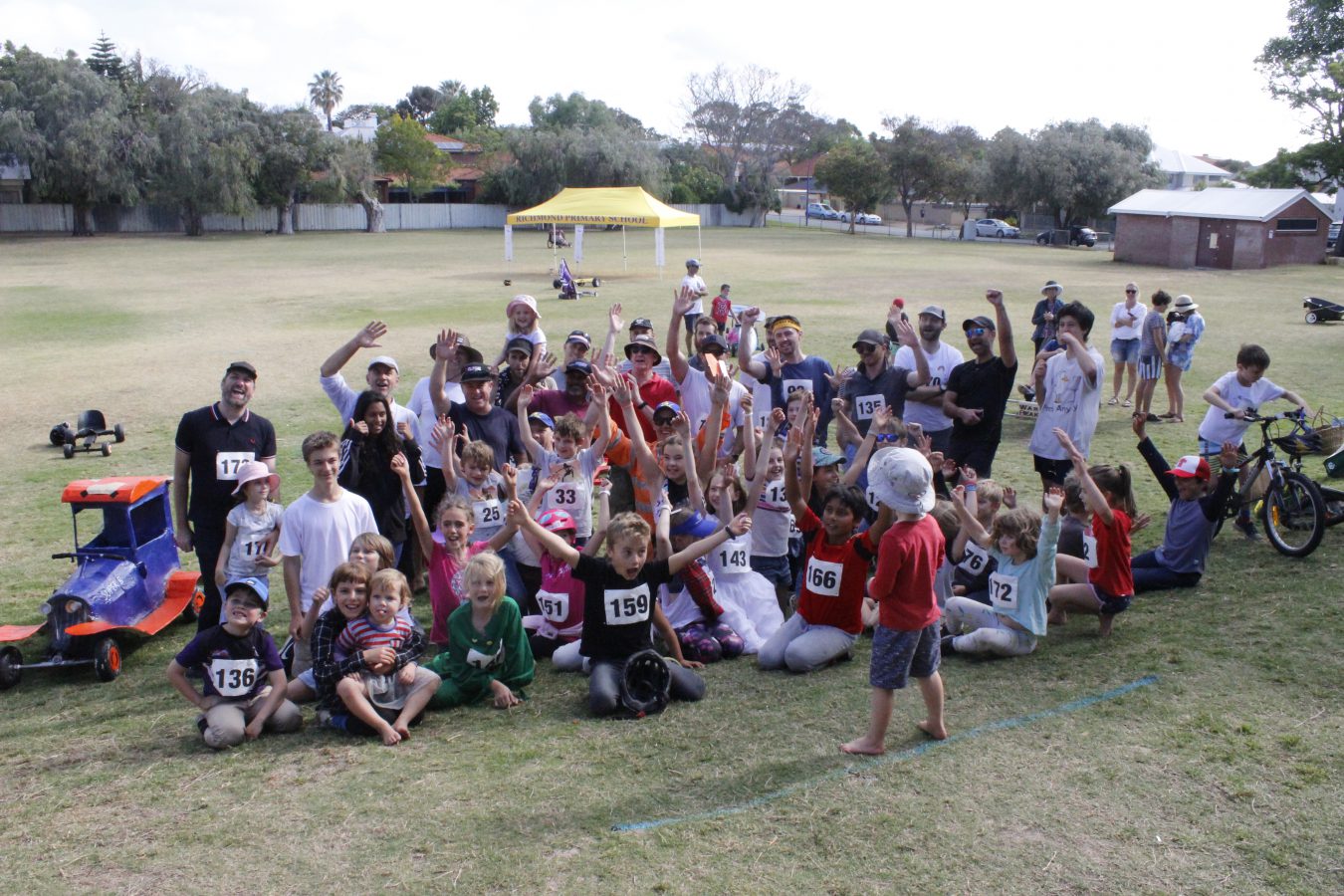
How to navigate the grandparent relationship, why parents should stop trying to meet the expectations of others, and the many benefits of being a nurturing dad.
Our selection of thought-provoking and useful resources from around the web on educating and raising children, and supporting families.
Grandparents – are we expecting too much?
(Maggie Dent, Parental as Anything, ABC)
The bond between grandparents and grandchildren is a special one, bringing joy to both. ‘If there’s someone who’s going to love your child as much as you do, then it’s probably grandparents,’ says parenting guru Maggie Dent, in the introduction to her podcast on grandparents.
So far, so good. But as we know, it’s never so simple. As Maggie explains, as parents try to forge their own path, grandparents can put them on edge by critiquing what they are doing. Or perhaps they are spoiling your children. Or in some cases, there has been a falling out, to the point where your kids don’t see them at all.
These are some of the issues explored in this excellent podcast that looks at the good and the often fraught dimensions of the grandparent relationship.
And it goes both ways. Notes Anne McLeish, director of Grandparents Australia, some families can’t survive without the emotional and practical support of grandparents. At what point is too much asked of grandparents? She suggests a written agreement that also gives back something in return to grandparents.
listen to the podcastDo yourself and other parents a favour – lower the bar
(Emma Wilkins, The Guardian)
The author’s eldest son was turning five, and had in mind a grand party: he wanted to invite his whole class.
Understandably, his mother baulked at the idea of hosting a party for more than 20 five-year-olds. She came up with a much simpler and achievable idea – inviting them for a play in the backyard after school. No games, no banquet, no presents.
It was a big success, and her son had a great time
It was also a telling lesson in not trying to meet what you perceive to be expectations, rather than questioning them based on your own values and situation.
‘Perhaps if we spent more time doing things the way that works for us, our families and our budget, and less time trying to do things the way we think we’re supposed to, we’d be more relaxed, and more sociable,’ she writes.
Read the full article
Nurturing dads raise emotionally intelligent kids – helping make society more respectful and equitable
(Kevin Shafer, The Conversation)
The author, a fatherhood researcher, decided that when his oldest son was born in 2008, he could balance his career and be more engaged at home than his father and his generation were.
‘I was wrong,’ he says.
‘Almost immediately, I noticed how social policies, schools and health care systems all make it difficult for dads to be highly involved and engaged at home. Contradictory expectations about work and family life abound.’
He surveyed 2500 fathers in the US. He found that involved fathering has a ‘long-lasting impact on the personal principles and cultural perspectives of children’.
Fathers who said they had highly nurturing dads were more likely to achieve goals in a healthy way, were more emotionally open and believed in an equitable partnership.
The author sets out what society can do to value loving, supportive fathering.
Like this post? Please share using the buttons on this page.
Read the full article

